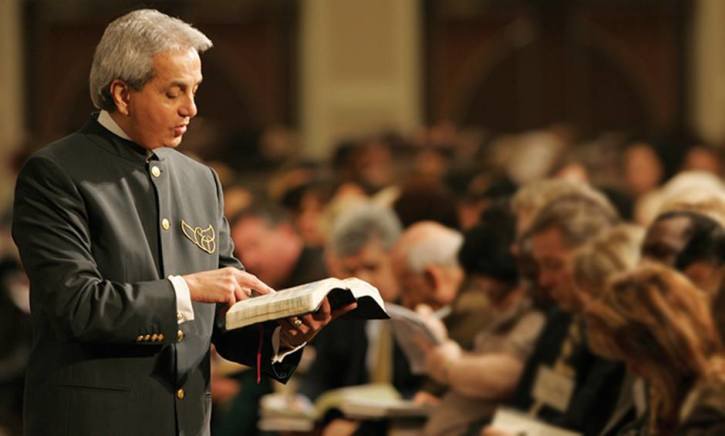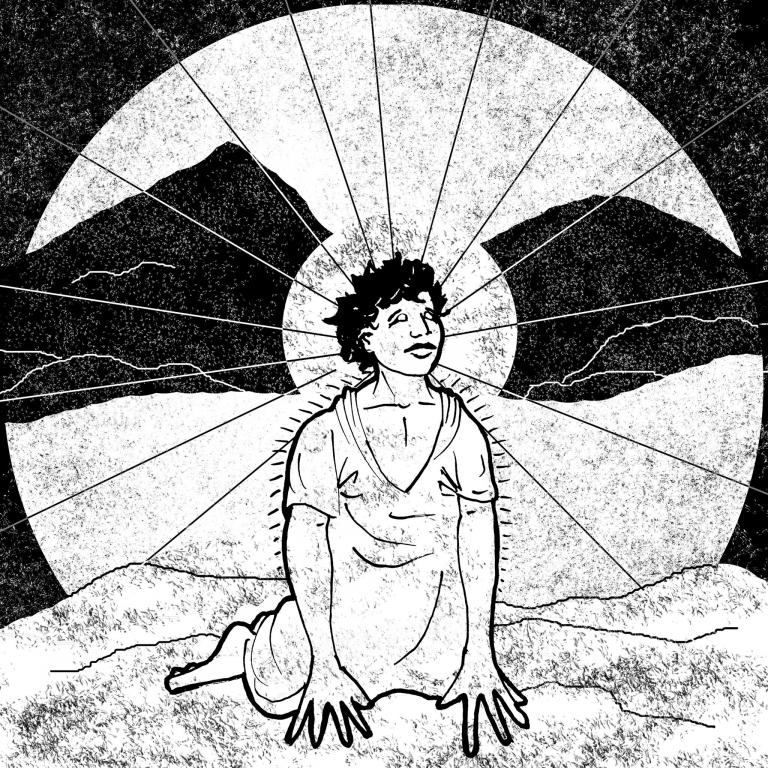 My favorite early Anabaptist is Michael Sattler. Our first intentional community house was named Sattler House. As a pacifist, he was condemned in part for being unwilling to take up arms against the Turks. In the medieval and Renaissance period, the Big Bad (at least according to most Christians) was Islam. It was particularly important that, in the midst of Reformation tensions, Christendom at least stayed united in fighting their common enemy.
My favorite early Anabaptist is Michael Sattler. Our first intentional community house was named Sattler House. As a pacifist, he was condemned in part for being unwilling to take up arms against the Turks. In the medieval and Renaissance period, the Big Bad (at least according to most Christians) was Islam. It was particularly important that, in the midst of Reformation tensions, Christendom at least stayed united in fighting their common enemy.
Luther taught that the Turks were tools of the Devil who, along with the wicked Pope, would bring Armageddon. According to legend, the first stanza of A Mighty Fortress is Our God was written against the Turks.
Originally, Luther saw the Ottoman Empire as being used by God to bring judgement. He advocated non-resistance because to resist the Turks was to resist God’s will. However, as Luther gained increased backing from the German princes, his views changed. Eventually, he saw war against the Turks as a holy vocation.
However, as peasant revolts and the Reformation divisions began to divide the Holy Roman Empire, the united front against the Turks was in jeopardy.
This makes Sattler’s trial particularly noteworthy. When asked, essentially, “whose side are you on?” He replied:
If warring were right, I would rather take the field against so-called Christians who persecute, capture, and kill pious Christians than against the Turks for the following reason; The Turk is a true Turk, knows nothing of the Christian faith, and is a Turk after the flesh. But you who would be Christians and who make your boast of Christ persecute the pious witnesses of Christ and are Turks after the spirit!
In other words: Turks are just doing what they do. You Christians ought to know better. So if I had to pick a side, I’d side with the Turks.
While not exactly a glowing statement of interfaith understanding, Sattler’s words were, nevertheless, as punk-rock as you could get during the Reformation.
Unsurprisingly, Sattler was found guilty of heresy and treason; his tongue was ripped out and he was burnt at the stake.
Sattler reveals a sort of radical middle grown between the liberationist violence of Thomas Muntzer and the conciliatory nature of Menno Simmons. Sattler added a rather substantial “Fuck You” to his pacifist witness.
In our own days when American Christendom is battling with terrorism, when evangelical churches provide “foot soldiers for the American Empire,” I find myself reflecting upon Sattler’s witness and the implications for such a bold form of pacifism in our own imperial context.











